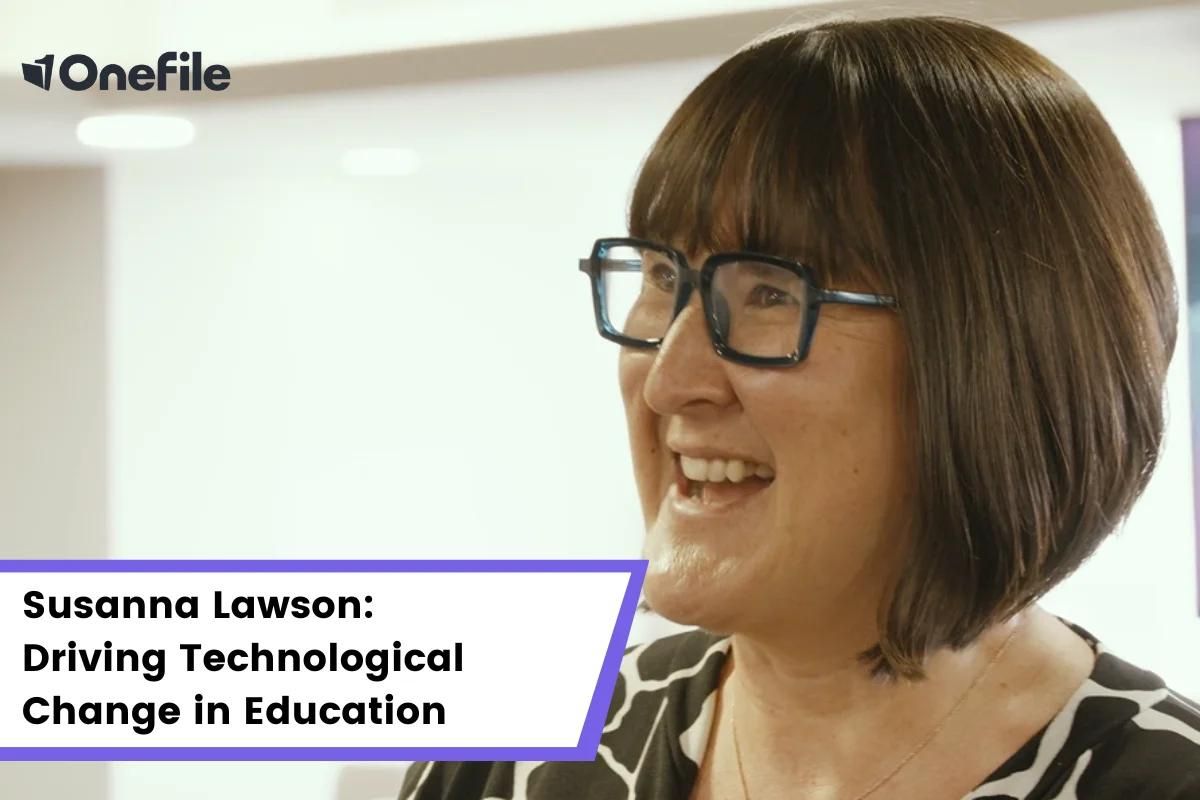Coventry University researchers appealing to hear from survivors of sexual assault and abuse to help shape future support services

Coventry University (@covcampus) researchers are collaborating with a number of organisations to better understand the experiences of sexual assault and abuse survivors in accessing resources to help shape services in the future.
The Multi-disciplinary Evaluation of Sexual Assault Referral Centres for better Health (MESARCH) project, funded by the National Institute for Health Research (NIHR), aims to better understand survivors’ experiences of the current options available through Sexual Assault Referral Centres (SARCs) and other post-assault services, which provide important care and support for people following exposure to rape, sexual assault and abuse.
The project consortium, being led by Coventry University and including researchers from the University of Leicester, University of Bristol, University of Hertfordshire along with University Hospitals Birmingham NHS Foundation Trust, and partners from Rape Crisis England and Wales and Juniper Lodge SARC, will also track the health and wellbeing of survivors who have used SARC services and are willing to take part in the research project.
This important evidence will be used to improve the support for future service users.
Gillian Finch, member of the Lived Experience Group, said: “MESARCH has benefited hugely from a group of individuals who have had lived experience of sexual assault and abuse. Our input to the project has visibly added value to the way in which the research is undertaken and the way in which the researchers pose questions in a sensitive and respectful way. The Lived Experience group are hopeful that those directly affected by sexual assault and abuse will be willing to take part in the research – thereby helping to inform and shape commissioning of NHS specialist services in the future.”
Dr Lorna O’Doherty, lead on MESARCH and Associate Professor of Abuse and Health research at Coventry University, said: “Covid-19 changed the landscape of sexual offences and many victims will have found it even harder to access support during this time. Our research is vital to capturing this impact of the pandemic on healing journeys following sexual assault, in addition to fulfilling our original goal to establish ‘what works’ for SARC service users. We are committed to building understanding of the nature and level of care necessary for people’s wellness in the longer term.”
Kate Davies CBE from NHS England and NHS Improvement added: “This research will provide a better understanding of how specialist sexual assault and abuse services are supporting survivors. The research will provide insights on how NHS England and NHS Improvement commissioning continue to deliver these specialist services in the future. The voice of survivors and their shared lived experience can help shape the future of care for sexual violence survivors across England.”
The researchers have already received lots of positive engagement, and are encouraging more SARC users to continue to come forward and share their experiences in confidence, to help more people in the future receive the care and support they require.











Responses